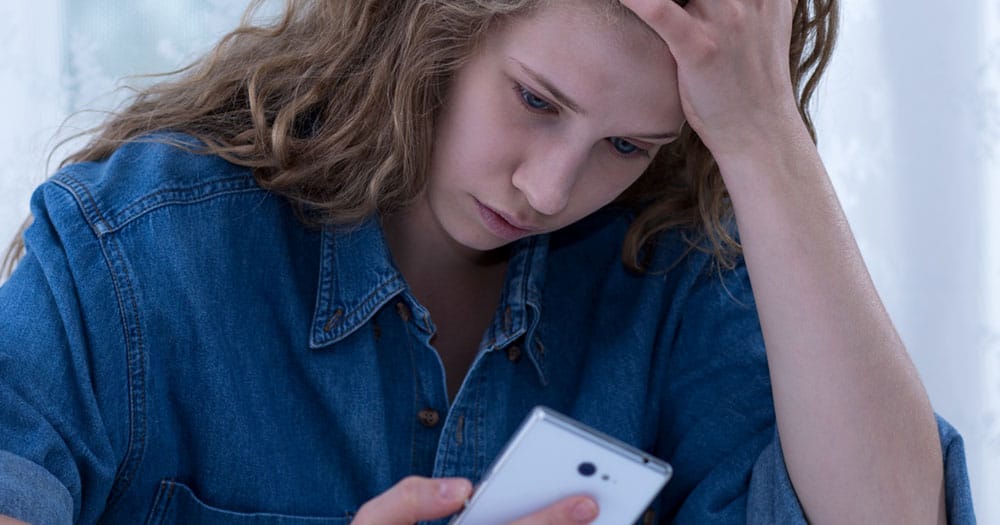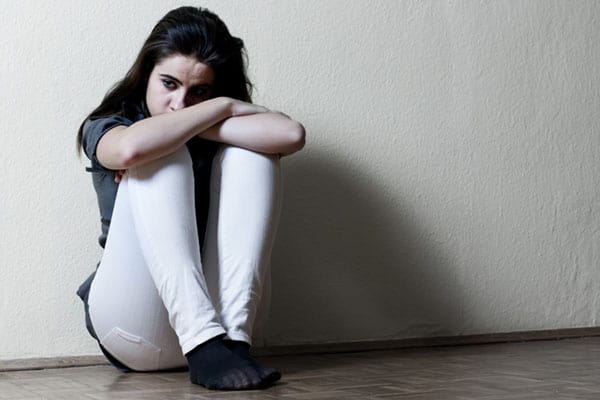Life-Stuff.org
Facts & advice foryoung adults

Domestic violence or abuse can happen to anyone. Find out how to recognise the signs and where to get help.
Have you ever felt afraid of your partner or someone close to you? Have you ever changed your behaviour because you’re afraid of what someone might do to you?
Domestic violence, also called domestic abuse, includes physical, emotional and sexual abuse in couple relationships or between family members. Domestic violence can happen against anyone, and anybody can be an abuser.
There are different kinds of abuse, but it’s always about having power and control.
If someone answers yes to any of the following questions, they might be in an abusive relationship.
Emotional abuse

Does your partner or someone close to you ever:
Threats and intimidation
Does your partner or a person close to you ever:
Physical abuse
The person abusing you may hurt you in a number of ways. Do they:
People shouldn’t wait for an emergency situation before finding help. It’s important to tell someone and remember that they are not alone.
If anyone is a victim of abuse they can:
If emailing for support it is important to specify when and if it is safe to respond and to what email address:
The Survivor’s Handbook from the charity Women’s Aid is free and provides information for women on a wide range of issues, such as housing, money, helping your children, and your legal rights.
1 in 3 cases of domestic violence and abuse against women starts during pregnancy. If the relationship is already abusive, it can get worse.
Find out more about domestic abuse in pregnancy.
The first step in escaping an abusive situation is realising that you’re not alone and it’s not your fault. Before you go, try to get advice from an organisation such as:
Women’s Aid or Refuge for women
Men’s Advice Line for men
Galop for LGBT+
If you’re considering leaving, be careful who you tell. It’s important your partner does not know where you’re going.
Women’s Aid has useful information about making a safety plan that applies to both women and men, including advice if you decide to leave.
If you’re worried a friend is being abused, let them know you’ve noticed something is wrong.

They might not be ready to talk, but try to find quiet times when they can talk if they choose to.
If someone confides in you that they’re suffering domestic abuse:
For more information. nhs.uk/live-well/healthy-body/getting-help-for-domestic-violence/
and the UK Government ‘Enough’ campaign website
FORCED MARRIAGE OR HONOUR CRIMES
Karma Nirvana – 0800 599 9247 or visit karmanirvana.org.uk/ (Monday to Friday 9am to 5pm) . You can also call 0207 008 0151 to speak to the GOV.UK Forced Marriage Unit.
FOR THOSE ACTING IN AN ABUSIVE WAY
Respect phoneline – For those acting in an abusive way, seeking help. Tel: 0808 802 4040
respectphoneline.org.uk/
For further help and support, please contact support@life-stuff.org